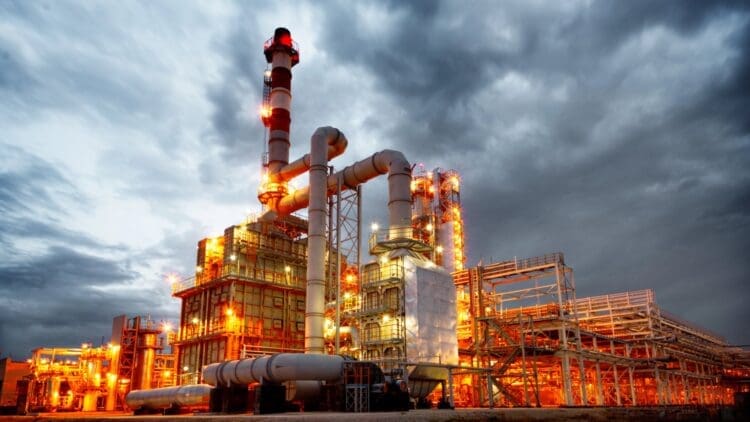As the world aims to decarbonize the energy sector following years of harmful emissions devastating the environment, Eni, a major Italian energy company with assets across the world, has revealed that it has officially filed for approval from the Italian government to construct a new biorefinery and recycling complex in Sicily. This marks a major step in the company’s decarbonization plans and sets the stage for Eni to become a market leader in the production of biofuels for a variety of industries.
Sicily will become the home of European biofuel production thanks to Eni’s ambitious plans
As the world grapples with the transition from conventional energy resource production, such as oil and gas, to the new and exciting world of biofuel production, several exceedingly large energy companies have laid out their plans to expand existing operations or retrofit refineries to produce biofuels.
That has become especially true in Sicily, as Eni, one of Italy’s largest energy companies, has announced its plans to develop a 500,000-metric-ton-per-year biorefinery at its existing industrial site in Priolo, Sicily. The company notes that the facility will produce renewable diesel and sustainable aviation fuel and is expected to be operational in 2028.
Eni has officially launched the authorization process for the environmental impact assessment to retrofit the facility in Sicily, and has received the blessing of the Italian Ministry of the Environment and Energy Security to begin retrofitting the facility.
The new biorefinery will be developed at an existing ethylene plant in Sicily
Eni has stated that the plan involves developing the project at the current site of Versalis’ ethylene plant. Versalis is a subsidiary of Eni, which focuses on the production of chemicals. The company has stated that the ethylene plant will slowly be phased out and decommissioned to make room for the new biorefinery, marking a turning point for Eni’s vast energy portfolio.
The new facility will serve Eni’s biofuel ambitions as well as produce hydrogen
Eni has noted that the new facility will produce renewable diesel as well as sustainable aviation fuel (SAF), all made from waste, animal fat, and vegetable oil feedstocks. Diversifying the company’s energy portfolio will be the planned biogenic feedstock pretreatment unit and a hydrogen production facility.
The new project will also boast a chemical recycling facility that will make use of Versalis’ proprietary Hoop pyrolysis technology. The all-new chemical recycling facility will have the capacity to process 40,000 metric tons per year of mixed plastic packaging waste, which will enable Eni to produce approximately 32,000 metric tons per year of pyrolysis oil.
Eni previously announced its plans to increase biorefinery capacity over the years to come
The company has stated its plans to increase the capacity of its biorefineries to more than 3 million metric tons in 2028, with ambitions to increase that number even more over the next few years. Other nations have also jumped on board the diversification train, such as Saudi Arabia, which recently revealed its plans to expand petrochemical production.
The Sicilian biorefinery is certainly not Eni’s first, and won’t be the last either
As the myriad of energy-rich nations aim to boost downstream investments, Eni has set the stage for a new era of biorefinery commissioning, as the company has several biorefineries across the world. Eni currently has plans to begin operations at a biorefinery in Livorno in 2026 and another in Pavia in 2028. That is without taking into consideration Eni’s biorefinery projects in Malaysia and South Korea. The global energy market has been shifting in recent years as the impact of the end of Russian energy supply becomes all too evident; thankfully, energy companies have alternative options that can diversify their portfolios.





